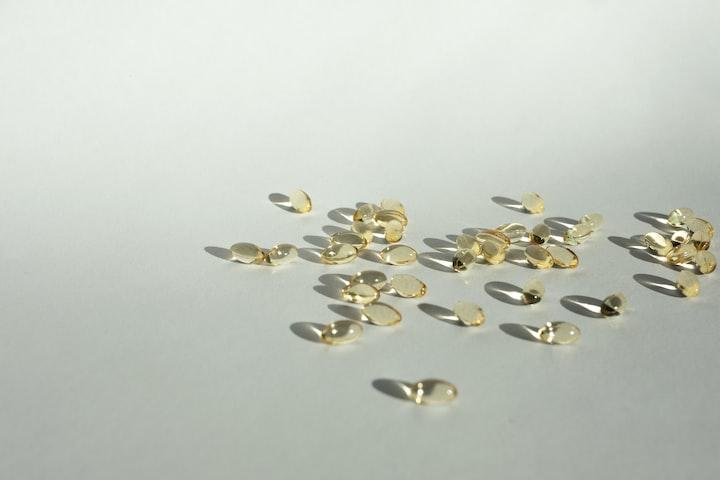Key Insights: What Are Some Good Vitamins and Minerals for Joints and Bones?
Vitamins are essential nutrients that the body needs to function properly. They are involved in many biochemical reactions in the body and play a vital role in maintaining health. vitamins can be divided into two main categories: water-soluble vitamins and fat-soluble vitamins.
Water-soluble vitamins are not stored in the body and need to be consumed on a daily basis as they are excreted in urine. The B-complex vitamins and vitamin C fall into this category. Fat-soluble vitamins are stored in the liver and fatty tissues of the body and can be used when needed. Vitamins A, D, E, and K are fat soluble.
Vitamin D is important for bone health as it helps the body absorb calcium from food. Vitamin C is involved in collagen production which helps to keep bones strong. Vitamin K is also necessary for bone health as it helps with calcium absorption and osteocalcin production (a protein needed for bone formation).
Omega-3 fatty acids found in fish oil have been shown to help reduce inflammation throughout the body which can lead to joint pain relief.
Read More »Key Insights: What Are Some Good Vitamins and Minerals for Joints and Bones?






